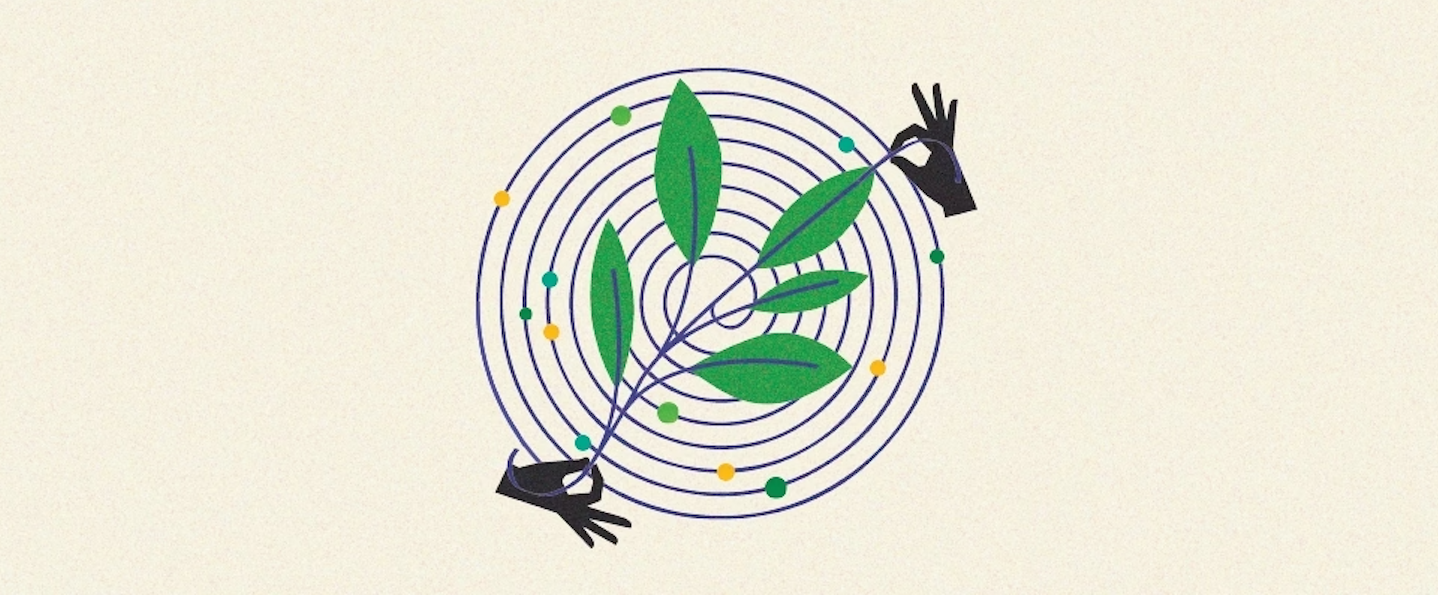We have a new essay published in Deloitte Insights, How tax can help untangle the Gordian sustainability knot,1Evans-Greenwood, Peter, Leah Auld, Robbie Robertson, and Andrew D’Addona. 2023. “How Tax Can Help Untangle the Gordian Sustainability Knot.” Deloitte Insights, January 30. https://www2.deloitte.com/us/en/insights/environmental-social-governance/tax-strategy-sustainability-and-climate-change.html. a collaboration between C4tE and the tax team at Deloitte.
The essay emerged from conversations about how tax teams want to do more to support sustainability, but it’s not clear what to do as the team’s day-to-day operations have little impact their organisations sustainability footprint. What we realised is that tax is in a unique position to help untangle the gordian knot of sustainability.
Sustainability is a systemic problem and requires systemic solutions. Focused initiatives, while well intentioned, often have unintended conseqiences that can outweight their benefits. For example, banning single-use plastic shopping bags was based on good intentions but resulted in use of single-use garbage bags increasing,2Taylor, Rebecca L. C. 2019. “Bag Leakage: The Effect of Disposable Carryout Bag Regulations on Unregulated Bags.” Journal of Environmental Economics and Management 93 (January): 254–271. doi:10.1016/j.jeem.2019.01.001. while the multi-use shopping bags intended to replace the single-use ones were not reused frequently enough to justify their higher environmental cost.3Life Cycle Assessment of grocery carrier bags. 2022. The Danish Environmental Protection Agency. Accessed November 22. https://mst.dk/service/publikationer/publikationsarkiv/2018/mar/plastposer-lca/.
Many organisations have a similar problem. Sustainability targets are reduced to a portfolio of seperate cost-centre initiatives. This enables firms to attack particular sustainability problems, but it makes it challenging, if not impossible, to tackle systemic problems.
A coherent view of sustainability metrics is the foundation of a systemic apporach to sustainability. Tax teams’ privilaged role in organisations makes them the most qualified team to develop this view. They’re one of three groups (along with HC and IT) that can see across an organisation’s breadth. They are the only team with both skills in developing a coherent view of the organisations end-to-end operations, and in working with regulators in complex regulatory environments.
For tax to do all this, tax leaders will need to improve their teams’ understanding of the types of projects on which their business is embarking as part of sustainability strategies. Tax leaders will also need to work with other organizational leaders because tax’s responsibility is separate from the responsibility for commissioning, funding, and coordinating all the organization’s sustainability initiatives. Tax needs to develop a strong working relationship with this emerging ESG leadership: While tax brings access to data, an understanding of regulatory and reporting requirements, and a wealth of experience in modelling the consequences of various investment strategies, sustainability leaders bring insight into the sustainability options available to an organization, how to best structure an organization’s sustainability targets, and whether a given initiative can achieve the practical outcomes the company is seeking to achieve.
Endnotes
- 1Evans-Greenwood, Peter, Leah Auld, Robbie Robertson, and Andrew D’Addona. 2023. “How Tax Can Help Untangle the Gordian Sustainability Knot.” Deloitte Insights, January 30. https://www2.deloitte.com/us/en/insights/environmental-social-governance/tax-strategy-sustainability-and-climate-change.html.
- 2Taylor, Rebecca L. C. 2019. “Bag Leakage: The Effect of Disposable Carryout Bag Regulations on Unregulated Bags.” Journal of Environmental Economics and Management 93 (January): 254–271. doi:10.1016/j.jeem.2019.01.001.
- 3Life Cycle Assessment of grocery carrier bags. 2022. The Danish Environmental Protection Agency. Accessed November 22. https://mst.dk/service/publikationer/publikationsarkiv/2018/mar/plastposer-lca/.
